Ever since Sandeep Reddy’s Kabir Singh released, it has left the audience divided. While some are looking at it as an expression of ‘love’, many are pointing out the inherent toxicity and abuse the movie seems to glorify.
There are films which we love, or which we like but rare we come across any film which we LIVE and #KabirSingh is one of them, film will prove out to be @shahidkapoor biggest solo hit ever, film is RAW, have emotions, romance and most important SOUL
— Rohit Jaiswal (@rohitjswl01) June 21, 2019
4*/5 #KabirSinghMovieReview
#KabirSingh glorifies & normalises stalking abusive relationships , rape & violence.
— subhoshree (@ravishingtwikle) June 21, 2019
Violence isn’t love. Toxic domination is not cool.#KabirSinghReview
The movie blatantly promotes and glorifies toxic behavior while wholeheartedly supporting the concept of ‘male entitlement’. It also promotes a very unhealthy image of how people should deal with a break-up – something that Bollywood has misrepresented for far too long anyway.
If you have to make someone feel guilty for your “pain” because she dumped you, get some help. Maybe movies taught you that this is love. It isn’t. You are not capable of love right now.
— Neha Ramneek Kapoor (@PWNeha) June 23, 2019
Which explains why people are calling out the movie’s lead character. And yet, there are many people defending his actions; especially by comparing Kabir Singh to Safeena (from Gully Boy).
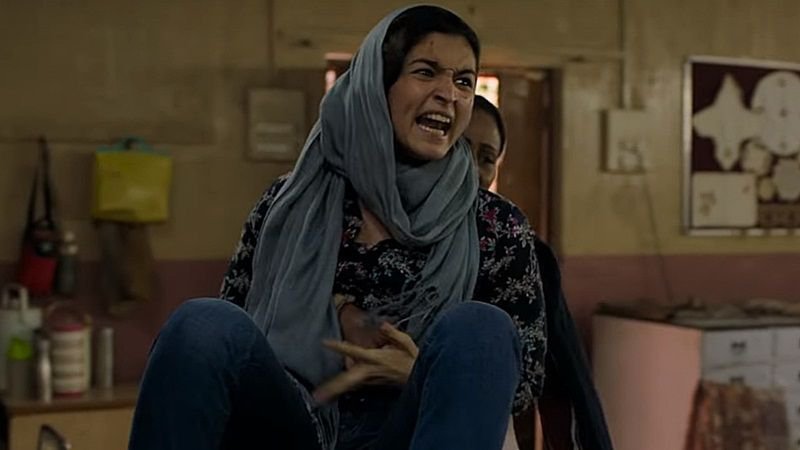
Even Alia Bhatt played an aggressive character in Gully Boy. Obsessed with her lover, stalked and hit girls who flirted with her boyfriend. Why just target Kabir Singh?
— Fleabag (@CorporateKity) June 30, 2019
Yes, Safeena (played by Alia Bhatt) was an impulsive, emotionally charged person – one who found it hard to control her reactions and was prone to jealous outbursts, even of the violent kind. But comparing her to Kabir Singh is not fair, accurate, or even logical.
Everyone agrees that Safeena is a toxic character, in the movie her behaviour was NEVER GLORIFIED by ANYONE. She was called out. No one promoted feminism on her name. Whereas in Kabir Singh, the character’s actions are heroic and kids outside are turning into JR. Kabir Singh’s. https://t.co/cMB8zu0hBE
— Ria (@MonaDarlingx) July 7, 2019

For starters, purely from the way the movie is built, Safeena is not Gully Boy‘s lead character. But Kabir Singh is. It’s natural that a movie’s lead will always draw in a greater reaction because the story is centered around him or her.
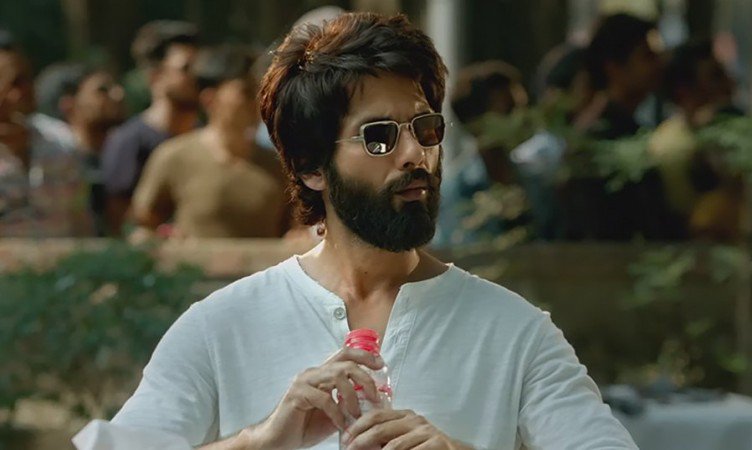
This is the reason why any criticism (or appreciation) that Kiara Advani’s character Preeti has drawn is far limited to what Kabir Singh has received. Because, despite Kabir Singh being a ‘romantic drama’, Preeti is very rarely the film’s focus (and that’s a discussion for a different time).
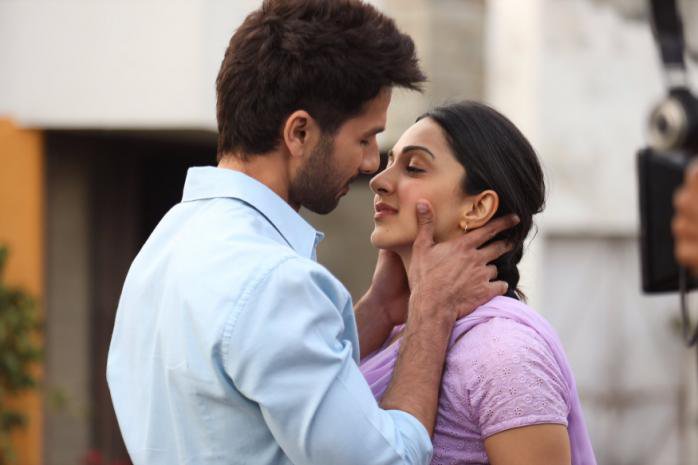
Man! It’s 2019 girls are no more as dumb as #KabirSingh wants to portray.. I mean seriously Preeti Chunni theek kro.. and Preeti goes with a sorry look.. and you are talking about two Medical students. #KabirSinghReview
— Daman Sachdeva (@damansachdeva01) June 21, 2019
Secondly, in Gully Boy, Safeena’s actions have repercussions. Kabir is reprimanded for his actions, but only after being branded as the ‘best surgeon’, a top ranking student, and a medical genius. And of course, the greatest lover to have ever graced the surface of Earth.
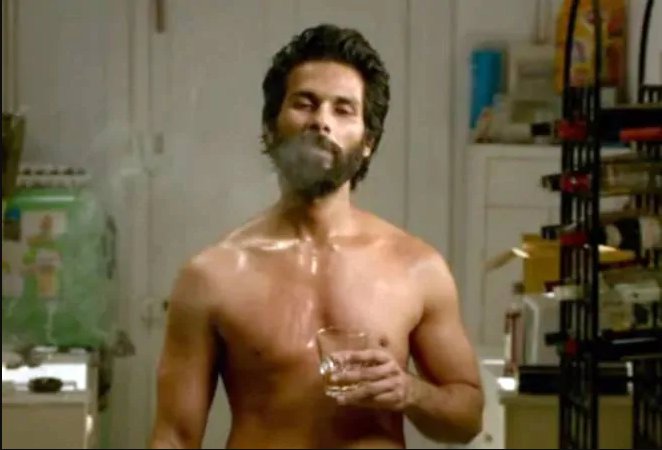
In Gully Boy, when Safeena hits a random girl and bashes a bottle on Sky’s head, she is called out for her actions by her parents and boyfriend. Whether it is in a light-hearted manner or through a serious conversation, Murad ensures that he does not accept her jealousy mutely. Her friends, family, or authorities, don’t look the other way or laugh her antics off either.
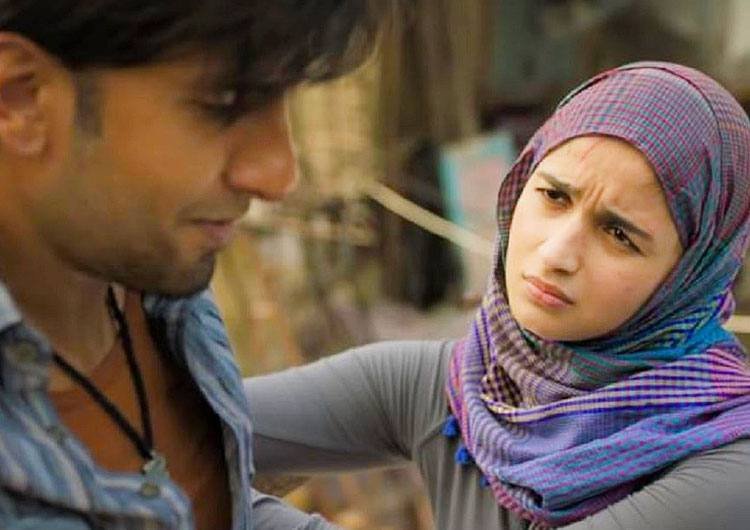
Preeti, on the other hand, accepts that Kabir slaps her, threatens her family, and gives her an ultimatum. In fact, she even reaches out for him, and he is passed out due to a combination of alcohol and morphine. And his ‘best friend’ Shiva offers his sister’s hand in marriage to Kabir, despite knowing his numerous faults.
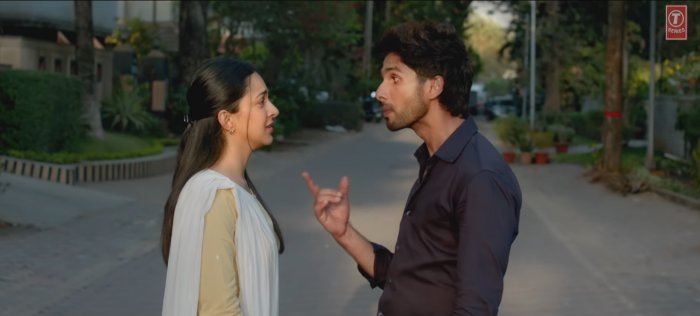
Additionally, though Safeena was not the lead, Zoya still developed her character in a manner that allowed us to at least attempt to understand her actions, if not accept them. Despite a run time of 2 hours, 52 minutes, we can never understand why Kabir is the way he is.
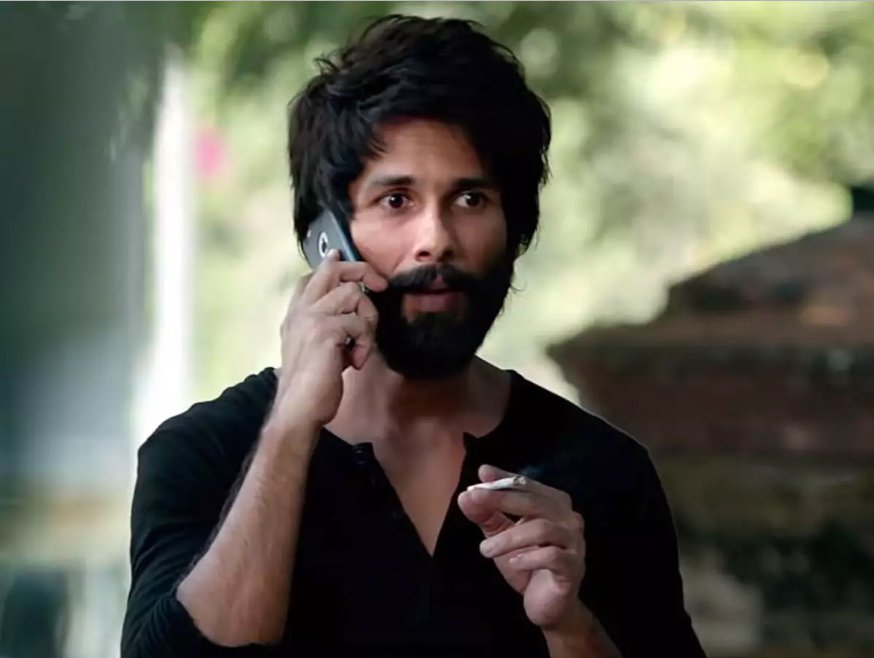
The movie simply begins by stating that Kabir has anger management issues. Again, this information is not presented in a matter-of-fact manner. But rather, his violent outburst is branded as an expression of his ‘pride’ in his college. Another time, it is presented as his method of dealing with an attack on his girlfriends’ ‘modesty’.
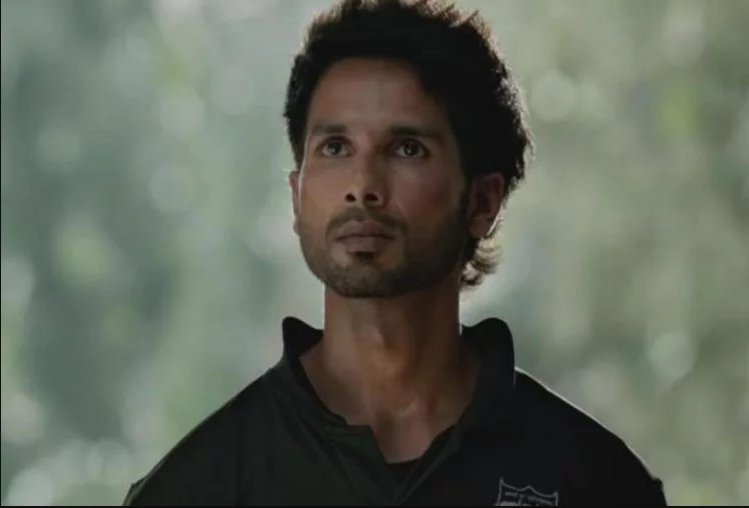
For the viewers, Kabir has a grandmother who loves him without question, a brother who protects him, and parents who at least attempt to understand him. Of course, that does not mean that Kabir can not have anger management issues. But without giving a reason for them, something as serious as anger management appears to be a case of male entitlement.
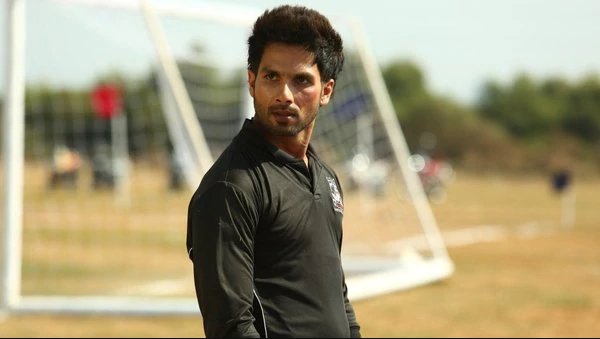
On the contrary, Safeena is presented as a woman who had to fight for her education with her mother, who had to raise her voice to be heard, and who has seen a fair share of struggle. None of this justifies her behavior either, but at least it gives a little context. And Zoya Akhtar deserves complete credit for masterfully telling Safeena’s story.
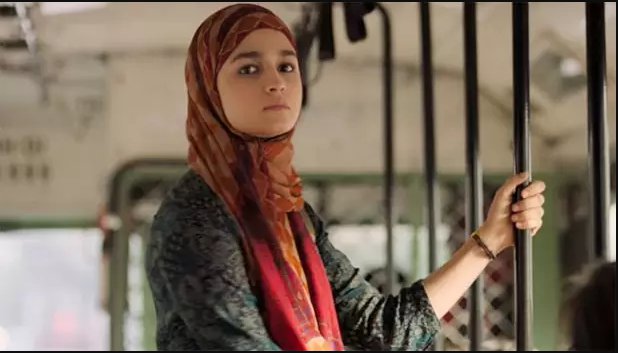
Kabir is also shown as a ‘savior’. When the authorities are all set to let him go for conducting an operation when intoxicated, his own conscience convinces him to confess to his crime. Thus, despite the extent of substance abuse he indulged in, and his medical malpractice, it is simply a journey of his ‘heartbreak’.


















